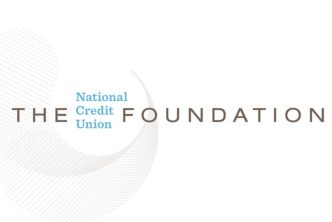With preparation for the holiday season in full swing, shoppers are busily swiping cards at retail stores or plugging in their credit card details at online sites. It’s a joyful time of the year, but also a time when scammers are eager to take advantage of the unwary.
To help credit union members, the NCUA put together a list of tips they can use to avoid becoming victims of fraud, cybercrime, and identity theft. Share these ideas with credit union members to keep the season bright:
- Do not respond to unsolicited spam email.
- Understand the risks of using unsecured or public wireless networks. If it’s open to the public, it’s possible that your personal information or your computer could be compromised.
- Be cautious of email claiming to contain pictures in attached files, as the files may contain viruses. Only open attachments from known senders. Scan the attachments for viruses if possible.
- When shopping online look for the padlock. Secured websites will have an icon of a locked padlock that appears, typically in the status bar at the bottom of your web browser, or right next to the URL in the address bar, depending on the internet browser you use. Don’t enter your personal or credit card information into a website if that icon isn’t present.
- Never put your credit card information in an email.
- Do not click on links contained within an unsolicited email.
- Always compare the link in the e-mail to the web address link you are directed to and determine if they match.
- Log directly onto the official website for the business identified in the e-mail, instead of linking to it from an unsolicited e-mail.
- Contact the actual business that supposedly sent the email to verify if the email is genuine.
- If your members are asked to act quickly, or there is an emergency, it may be a scam. Fraudsters create a sense of urgency to get their victims to act quickly.
- Verify any requests for personal information from any business or financial institution by contacting them directly using their main contact information.
- If you see something, say something. Report possible cybercrime to the FBI through the Internet Crime Complaint Center. Click here for details.
To obtain more tips for your members on how to shop online safely online during the holidays, click here.
Friday, Nov. 30 is #ComputerSecurityDay!
Read more about cyber security solutions through LEVERAGE here.





